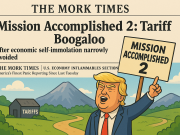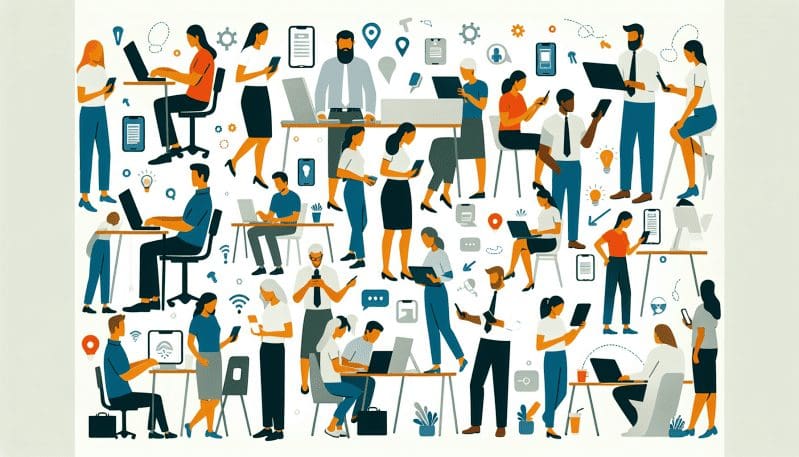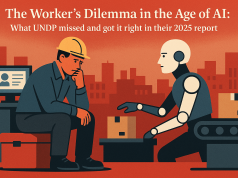In recent years, the gig economy has become a buzzword, synonymous with flexibility and entrepreneurial spirit. It heralds an era of unprecedented freedom for workers to choose when, where, and how they work. Yet, the very nature of gig work—a harbinger of opportunity for some—is also a crucible of uncertainty and exclusion for others. As we navigate this new frontier, it is imperative to scrutinize the gig economy through the lens of diversity, inclusion, and equity.
The gig economy, characterized by short-term contracts or freelance work as opposed to permanent jobs, has seen a remarkable surge, particularly amplified by technological advancements and the evolving workforce’s quest for flexible work arrangements. This transformation disrupts traditional employment, compelling us to redefine work, workers, and the workplace. But as with any tectonic shift, it brings both potential for positive change and the risk of reinforcing systemic inequities.
A deep dive into the gig ecosystem reveals a paradox. The promise of the gig economy is one of inclusivity—a place where barriers to entry are ostensibly lower, welcoming a more diverse range of participants. Gig platforms boast about democratizing opportunity, arguing that anyone with a skill and an internet connection can participate. Indeed, there is truth to this: the gig economy has provided avenues for individuals historically marginalized in the traditional job market to carve out economic opportunities.
However, this rosy picture belies a harsher reality. The gig economy is also a space where the lack of regulation and formal work structures can perpetuate and magnify exclusion. Without the safeguards that accompany traditional employment—such as anti-discrimination policies, health benefits, and a minimum wage—those most vulnerable in our society risk exploitation. In the absence of intentional design and regulation, gig work can reinforce existing disparities based on race, gender, and socioeconomic status.
To dismantle these barriers and ensure equitable access to opportunities, gig platforms and companies must take proactive measures. This includes developing algorithms that combat bias rather than perpetuate it, ensuring transparency in how gigs are assigned, and advocating for fair compensation regardless of an individual’s background.
Moreover, the transient nature of gig work often strips workers of the sense of belonging and community typically found in traditional workplaces. Companies have a responsibility to foster inclusivity beyond the transactional relationship of gig work. They must recognize gig workers as part of their organizational fabric, worthy of respect, professional development, and a voice in shaping their work environment.
Policymakers and industry leaders play a crucial role in shaping a gig economy that aligns with values of diversity, inclusion, and equity. They must collaborate to establish fair labor standards, protect workers’ rights, and ensure that the growth of the gig economy contributes to the broader goal of inclusive economic progress.
In conclusion, the gig economy represents both a challenge and an opportunity. To leverage its potential as a true frontier for inclusive workplaces, we must commit to intentional action that creates equity and ensures that flexibility does not come at the cost of fairness. Our collective efforts can pave the way for a future where the gig economy becomes a bastion of inclusivity rather than exclusivity.
As stakeholders in the future of work, we all have a role to play. Let’s harness the potential of the gig economy to create a more diverse, inclusive, and equitable world—one gig at a time.




























